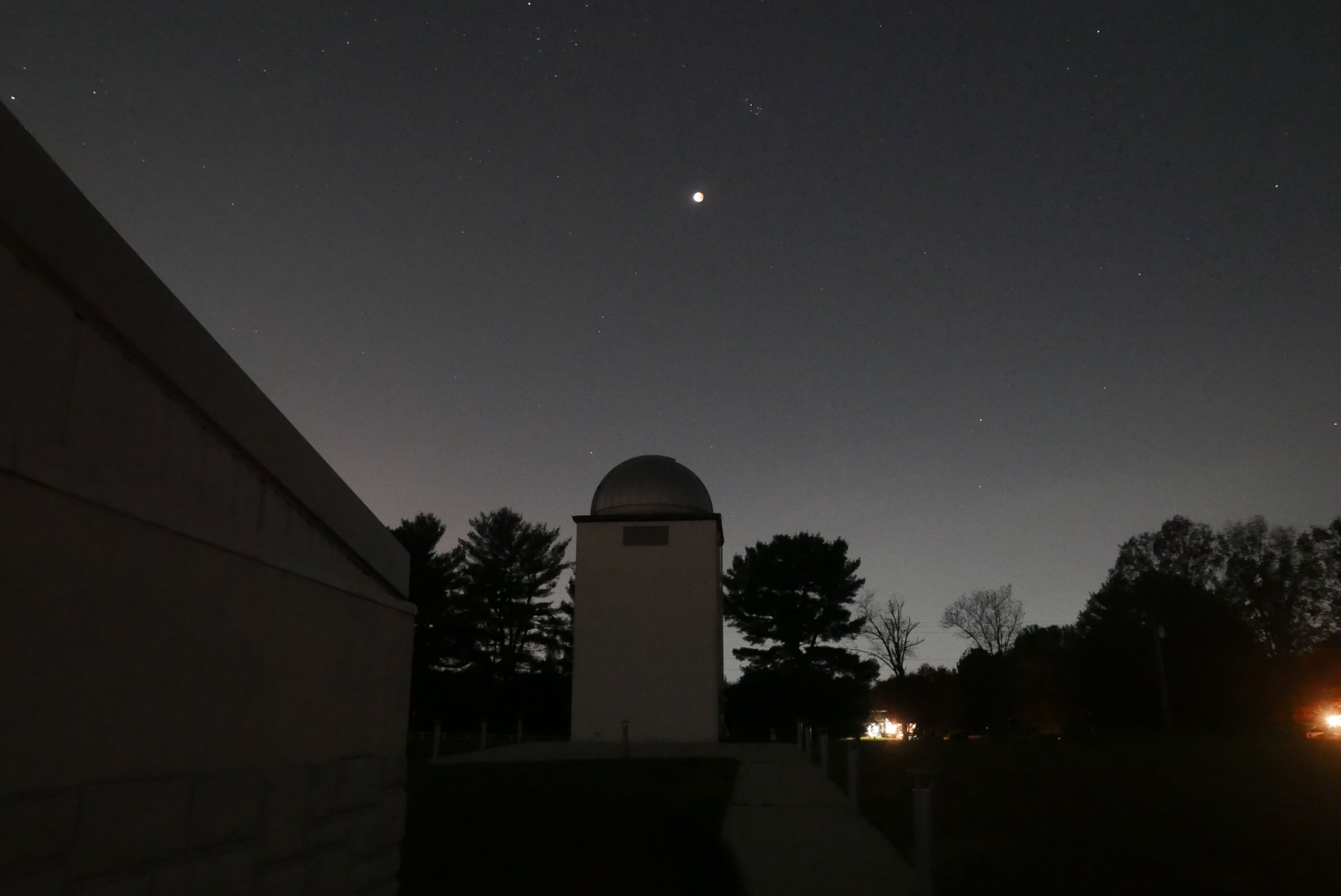
Marking the start of International Dark Sky Week, Fairfax County, Virginia, asks residents to turn off outdoor lights this Friday between 9 p.m. and 10 p.m. for a better glimpse at the night sky — and the impact of light pollution.
“Just go outside and look up at the stars,” said Tammy Schwab of the Fairfax County Park Authority. “The more lights we can get folks to turn off, the more stars we’re going to be able to see.”
It takes up to 15 minutes for human eyes to become adapted to the dark after looking at the glare of lights, so Schwab advises being patient waiting for the stars to appear.
Have you heard about light pollution? It’s described by the International Dark Sky Association as wasted, misdirected artificial light that can be harmful to animals, insects and plants — and pose a nuisance for neighbors.
“The subtle light that’s directed up into the sky is actually pretty dangerous for animals that migrate or use the moon or stars for navigation, because those close-up lights tend to make those animals fly in circles,” Schwab said. “That’s really not helpful to them. Birds can die from that.”
Moths are nighttime pollinators that can be impacted by misdirected artificial lighting.
“The more that we are affecting their behavior, we’re affecting nighttime pollination, and that affects the plants,” Schwab added.
The outdoor lighting issue is even getting attention from NASA. It has a tool showing observations from space at different times of year for use by park managers to determine when lighting might be disruptive.
Misdirected light also can spill onto adjoining properties to annoy neighbors. Calling light one of the last acceptable pollutants, Schwab said it’s easy enough to fix.
“Just seeing what you’re missing, maybe, in this instance, may help people understand how they could potentially change their lights, dim their lights or point their lights to the ground, so that they still have the light they need for safety reasons — and for whatever — but can preserve the stars and help migrating birds,” Schwab said.
If the weather cooperates and skies are clear, you can get the full effect of appreciating the night sky, learn about light pollution and how to prevent it at the Observatory Park at Turner Farm.
It’ll be open for a free Friday viewing session in observance of the One Dark Hour event. If it’s raining or completely cloudy, the observation session will be postponed until next Friday, April 29.
“I’m going to be out there, and I’d love to see folks come out to just learn more about dark skies. Hopefully, if we have enough folks who turn their lights out, we’ll be able to see some really awesome stars,” Schwab said.








